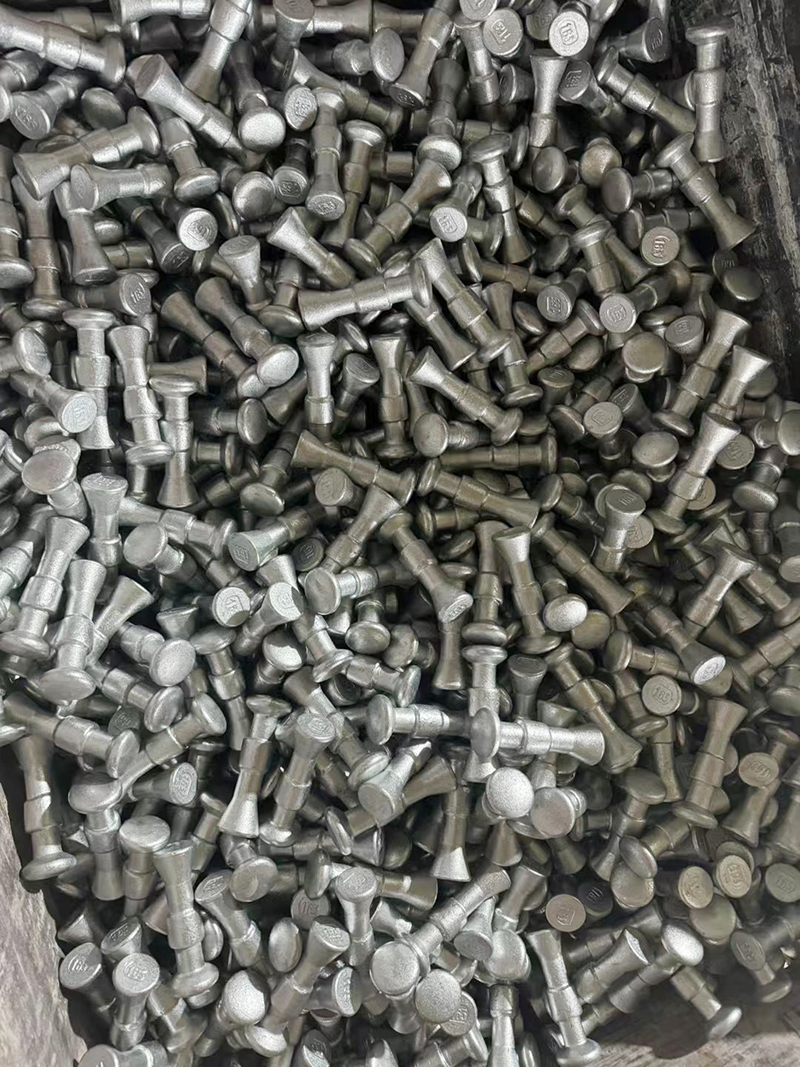The zinc sleeve, as an important component of insulators, particularly in high-voltage glass insulators, plays a vital role in ensuring the long-term reliability and performance of these devices. Here's a detailed breakdown of its significance and function:
Importance of Zinc Sleeve in Insulators
Corrosion Protection:
The zinc sleeve acts as a barrier between the insulator and the external environment, particularly in areas with high pollution and corrosion risks.
Its silver-colored appearance is not just aesthetic; it also indicates a material that is resistant to environmental degradation.
Prevention of Ion Removal:
The primary function of the zinc sleeve is to prevent the removal of ions from the insulator.
This helps maintain the electrical properties and performance of the insulator over time.
Potential Difference Management:

The zinc sleeve provides a lower potential than the forged steel pin, which helps in managing the electrical stress distribution within the insulator.
This ensures that the insulator operates within safe electrical limits, reducing the risk of failure.
Mechanical Integrity:
The zinc sleeve contributes to the overall mechanical strength and stability of the insulator.
It helps maintain the structural integrity of the insulator, even in harsh environmental conditions.
Compliance with Industry Standards:
Zinc sleeve insulators are designed to comply with industry standards such as ANSI and BS.
This ensures that they meet the required specifications for use in high-voltage power transmission and distribution systems.
Application and Use
Combination with Insulating Materials:
The zinc sleeve is often used in combination with porcelain or toughened glass as the insulating material.
This combination provides a robust and reliable insulator that can withstand high voltages and environmental stresses.
Critical Role in Power Systems:
Zinc sleeve insulators are essential components in high-voltage power transmission and distribution systems.
They provide both insulation and corrosion protection, ensuring the safe and efficient operation of these systems.
Conclusion
In summary, the zinc sleeve is a critical component of high-voltage glass insulators, playing a vital role in protecting the insulator from corrosion, maintaining its mechanical integrity, and ensuring long-term reliability and performance. Its use in combination with porcelain or toughened glass, and compliance with industry standards, make it an essential element in high-voltage power transmission and distribution systems.
